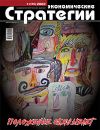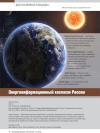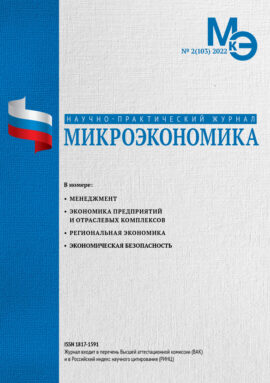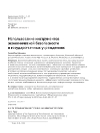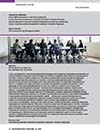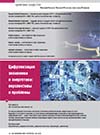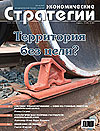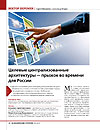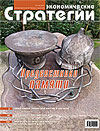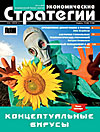Methods of International scientific-technical reconnaissance based on open sources
DOI: 10.33917/mic-1.120.2025.14-17
Development of the universe of Internet demonstrates expansion of the possibility to collect and analyze information about military, special and other similar developments obtained from absolutely open sources. Authors of the present article formulate a methodology for building logical chains and identifying connections between various facts during scientific and technical reconnaissance based on open sources.
References:
1. Ageev A.I., Averyanov M.A., Evtushenko S.N., Kochetova E.Yu., Sivakov R.L. Digital transformation of national security in the context of global hybrid threats. Economic strategies. 2021;23(4 (178)):60-69.
2. Ageev A.I., Grabchak E.P., Loginov E.L. Use of artificial intelligence in the implementation of command and control of troops and civilian facilities as a single hybrid battlefield. Neurocomputers and their application: Abstracts of the XX All-Russian scientific conference. 2022. Moscow: MGPPU. pp. 31-33.
3. Ageev A.I. The role of sanctions, conflicts and special operations: reflections on the future. Part 1. Scientific Bulletin of the Defense Industrial Complex of Russia. 2023;4:66-74.
4. Ageev A.I., Loginov E.L. Special military operation as a strategic technology for choosing the future of Russia and the world. Economic strategies. 2023;25(5 (191)):6-21.
5. Ageev A.I., Loginov E.L. Strategic predetermination of special military operations in the world supersystem. Economic strategies. 2023;25(4 (190)):6-19.
6. Ageev A.I. Economic espionage in the First World War. Humanities. Bulletin of the Financial University. 2017;7(4 (28)):52-61.




